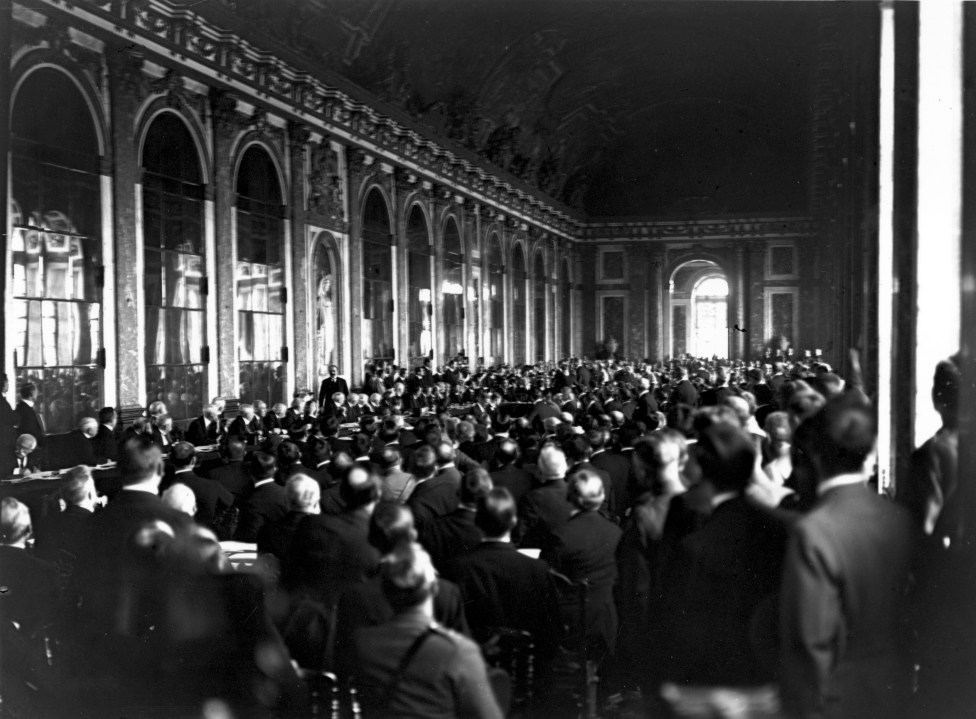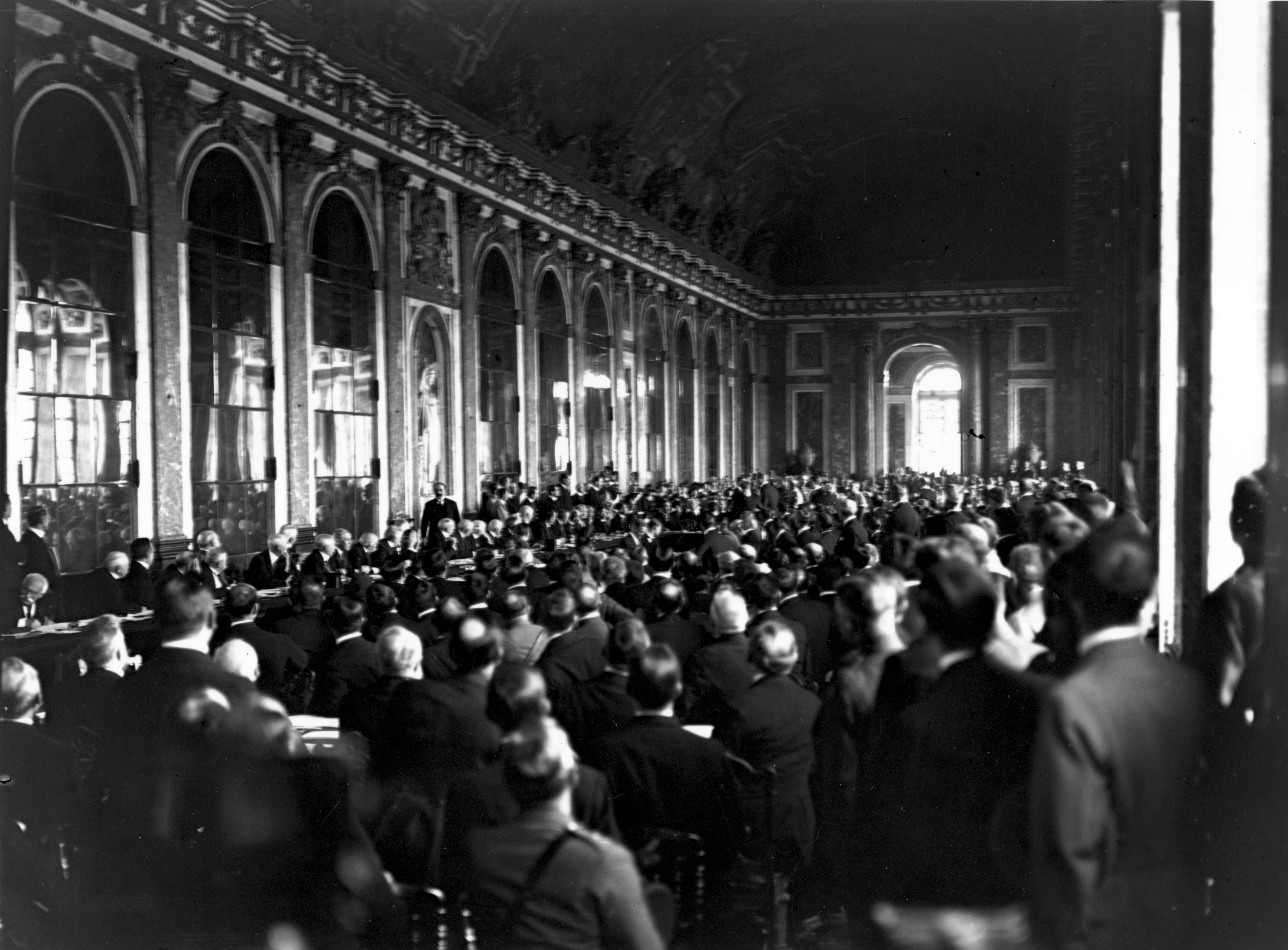From ‘Apology’, The Spectator, 7 August 1915:
Does any public body ever apologize to the world? Such a concerted effort has never, we think, been made through any authorized mouthpiece. The effect of such an experiment might be colossal. Suppose, if the supposition be not too absurd, that a Pope should apologize in the name of the larger half of Christendom for all the more glaring lapses of the Roman Church—for all the great persecutions, for all the great mistakes. Such action is not unthinkable, No Church has ever claimed to be infallible except in dogma and theoretic morality. The present Pontiff in his recent refusal to condemn the atrocities of the German troops has pointedly emphasized his own practical fallibility. He does not feel convinced—so be says—that they ever occurred; and if they did, he thinks they might be matched. The moral attitude is quite detached, and there is a sense in which it would make a precedent for the one we have suggested. Apparently Popes do not always know what to think; plainly, therefore, they sometimes think wrong. Seriously, we believe that a Pope who could humble the Church as we have suggested would go very far to reconcile science and Christianity in the Latin world, illogical as such a suggestion may appear. Tho whole question at issue cannot any longer be summed up as a struggle between naturalists and supernaturalists. Materialism is less dogmatic than it was; so is theology; indeed, both sides are giving way a little. What we may call historical resentment plays a large part in the present estrangement. Quarrels are seldom very logical, seldom turn entirely upon the original point in dispute, even where doctors disagree. It is where logic breaks down that the power of apology comes in.







Comments